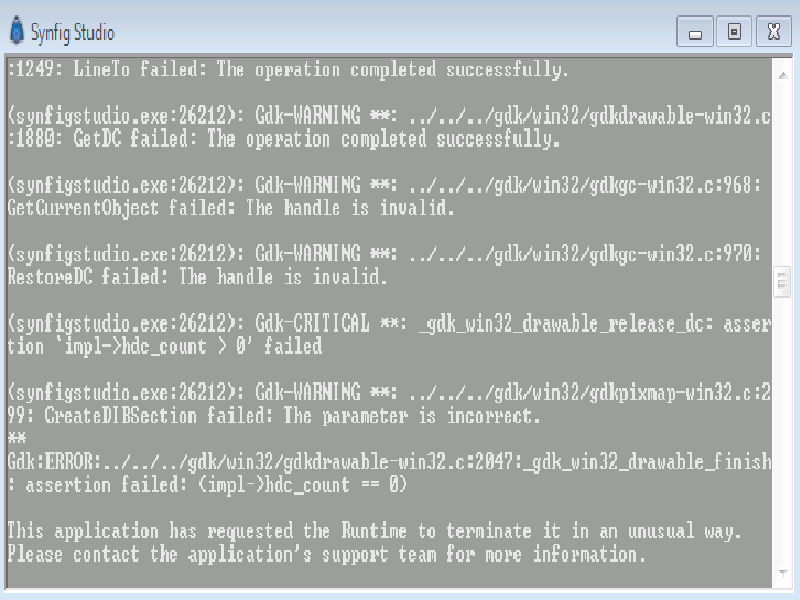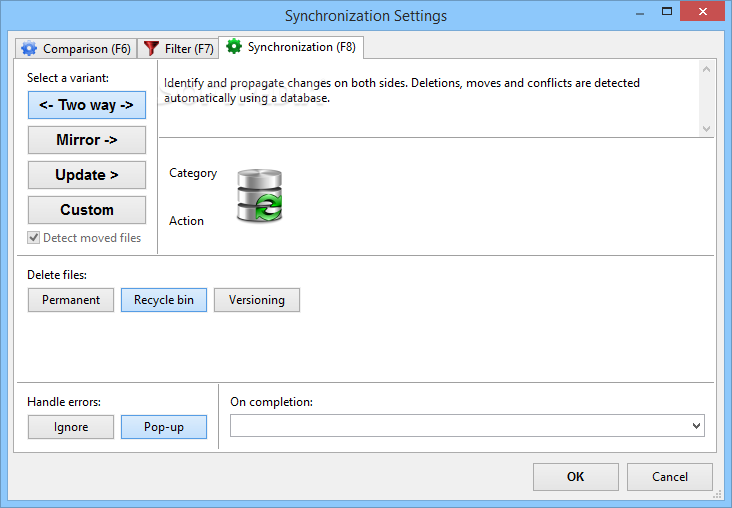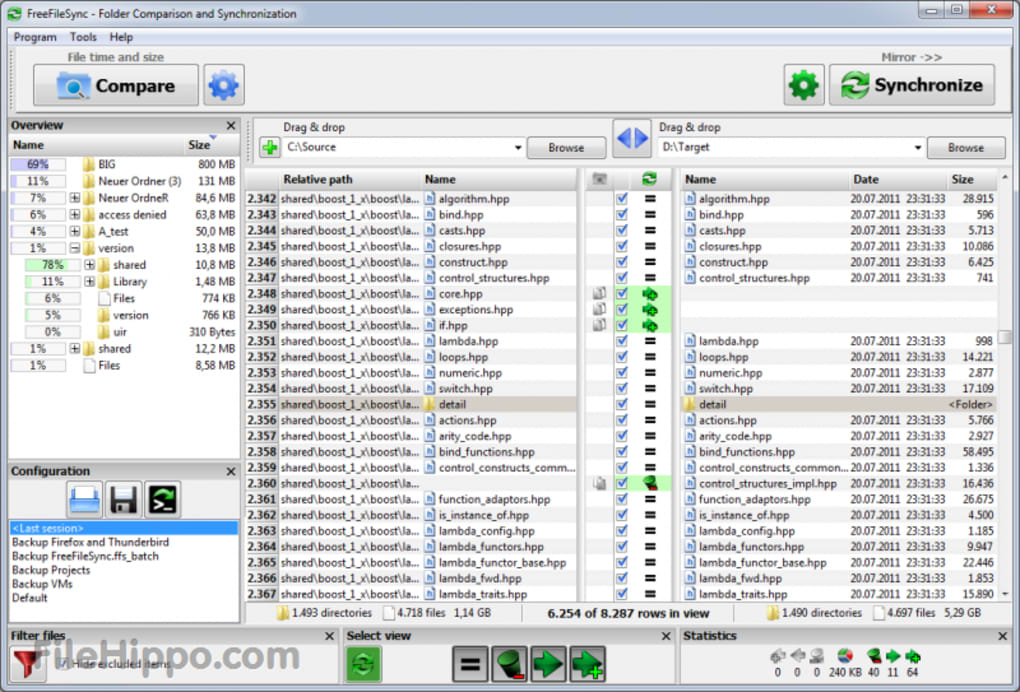
The system cannot write to the specified device. The drive cannot find the sector requested. The specified disk or diskette cannot be accessed. The drive cannot locate a specific area or track on the disk. The program issued a command but the command length is incorrect. The device does not recognize the command. The system cannot find the device specified. The system cannot move the file to a different disk drive. The system cannot find the drive specified. Not enough storage is available to complete this operation. Īn attempt was made to load a program with an incorrect format. The storage control block address is invalid. Not enough storage is available to process this command. The storage control blocks were destroyed. The system cannot find the path specified. The system cannot find the file specified. PS: I also trimmed the error message and removed "g-io-error-quark".Incorrect function. The awkwardness is significantly reduced ) PS: I also trimmed the error message and removed "g-io-error-quark". I'll gladly add it as soon as I find some way to determine this status via GIO. The only drawback is that there is no warning when recycler is missing like there is on Windows. Therefore I've implemented "silent delete if recycler is not available" also for Linux in v3.20, so that mixed scenarios are possible.
#Freefilesync error 183 windows
I cannot make Windows behave like GIO, but the opposite is partly possible.
#Freefilesync error 183 how to
The problem is, how to fit this behavior into a common interface. GIO on the other hand has none, so this situation cannot be determined a priori. Windows allows for a check whether a directory supports recycle bin, so the user can be informed before actually starting to delete.

But the drawback is mixed scenarios with one drive having a recycler while the other doesn't are not supported. GIO (Linux) on the other hand rightly notifies this situation as an error. This is very unfortunate as an unknowing user may rely that the files FFS deletes on his USB stick are somewhat safe by moving them to recycler, while in fact they are silently deleted. Windows deletes a file permanently if recycler is not available without providing any information about this situation. Unfortunately Windows and Linux (via GIO) recycle bin handling are quite different: I was expecting some complaint in this regard. cgi?id= 655159Įxcept Nautilus refuses, where FreeFileSync properly removes the dir and then crashes. It might have something in common with a similar bug I found in Nautilus: Something complicates this, and it might have something to do with directories created by FFS on a previous sync versus directories that were already on the target system.

I've had two cases where FFS crashes and closes while doing this, but I have not been able to reproduce this. This might not be desirable when you sync multiple dirs and you want to use the trash where possible. Set the synchronize option for deletion to 'delete permanently'. The file "FFS 035751" cannot be moved to the trash.Īnd give the option to delete the files anyway, bypassing the trashcan. If certain files cannot be moved to a recycle bin (memory cards, mounted photocameras, sshfs mounts, etc), just remove them permanently and put a warning in the summary at the end instead of stopping the sync, leaving the trash out, and wait for the user to click ignore.Īt least make a sane error message like Nautilus does:Ĭannot move file to trash, do you want to delete immediately?
#Freefilesync error 183 code
(Glib Error Code 15, g-io-error-quark: Unable to find or create trash directory)

"/home/ redsandro/ sshfs-mount/ cygdrive/ c/somedir/ FFS 035751" Files on a sshfs mounted directory cannot be removed to the recycle bin:


 0 kommentar(er)
0 kommentar(er)
